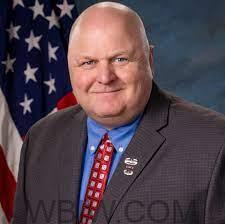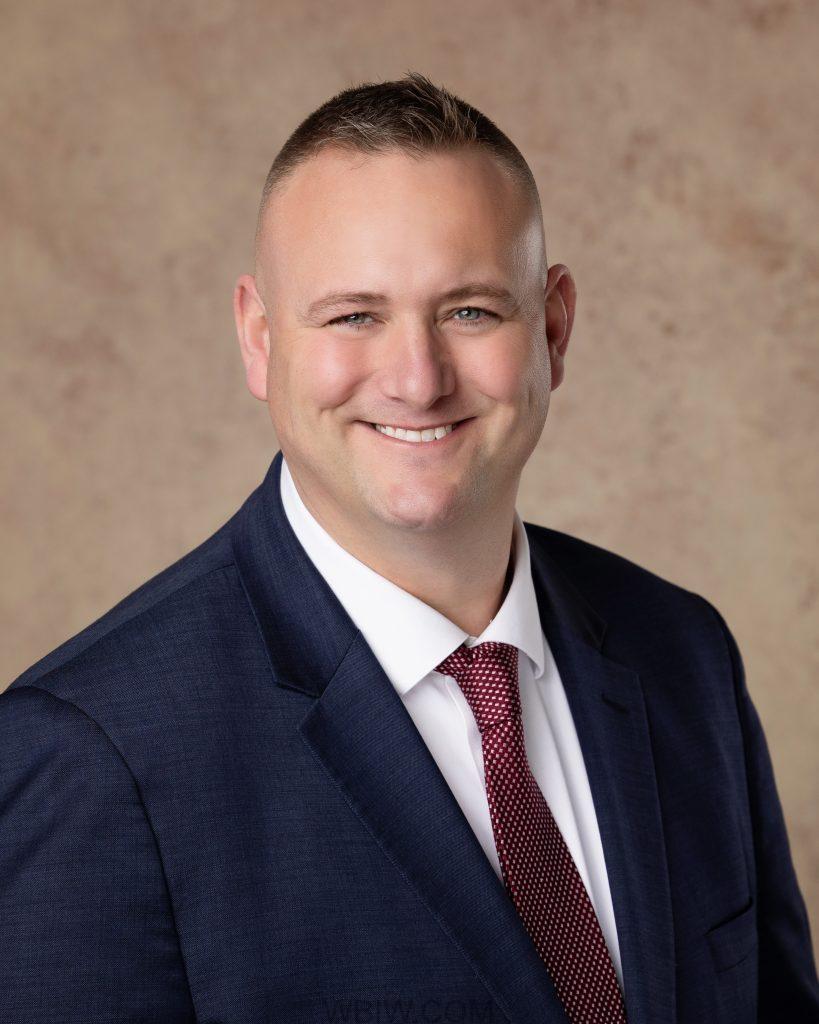
BEDFORD – Most veterans are strengthened by their military service, but the combat experience has unfortunately left a growing number of veterans with issues such as PTSD and physical injuries from combat service.

“Lawrence County Veterans Court is officially recognized by the Indiana Supreme Court. We currently have two veterans in the program with two more in process,” said Superior Court II Judge Bob Cline. “We should be able to take care of these men and women. They served our country and were honorably discharged, some injured while doing so. They are capable and we can help.”
Lawrence County Prosecutor Sam Arp said this is something that he wanted to see done.

“It took Judge Cline to really see this through, we are already seeing success stories,” added Prosecutor Arp. “These veterans have done so much for us and now it is time for us to do something for them.”
According to Judge Cline, who is also a veteran, the court model requires regular court appearances, as well as mandatory attendance at treatment sessions, and frequent and random testing for drug and alcohol use.
Veterans respond favorably to this structured environment, given their past experiences in the Armed Forces. However, a few will struggle, and it is exactly those veterans who need a veterans treatment court program the most. Without this structure, these veterans will re-offend and remain in the criminal justice system.

“The veterans’ treatment court is able to ensure they meet their obligations to themselves, the court, and their community,” Judge Cline added. “Many of these veterans signed up during a time of war. They knew what they were facing. Many came back with a post traumatic stress disorder and injuries.”
According to statistics, one in five veterans has symptoms of a mental health disorder or cognitive impairment. One in six veterans who served in Operation Enduring Freedom and Operation Iraqi Freedom suffer from a substance use issue. Research continues to draw a link between substance use and combat-related mental illness. Left untreated, mental health disorders common among veterans can directly lead to involvement in the criminal justice system.
“Many were treated at VA hospitals and given opioids or began drinking to cope,” said Judge Cline. “Once they couldn’t get the opioids anymore they turned to alcohol or heroin. They turned to self-destructive behavior
Veterans treatment courts allow jurisdictions to serve a large segment of the justice-involved veteran population as opposed to business as usual: having all veterans appear before random judges who may or may not have an understanding of their unique experiences and issues. Because a veterans treatment court judge handles numerous veterans’ cases and is supported by a strong, interdisciplinary team, he or she is in a much better position to exercise discretion and effectively respond than a judge who only occasionally hears a case involving a veteran defendant.
Judge Cline says a veterans treatment court judge better understands the issues that a veteran may be struggling with, such as substance addiction, PTSD, traumatic brain injury, or military sexual trauma.
“I am really happy this court is going,” Judge Cline added. “It was a campaign promise and something I absolutely believe in. We have four men, two US Marines, and two Army, who are currently in the program. If we had not done something they would probably be dead. One weighed less than 130 pounds when he started, now he stands up proud, bulked up to 180 to 190 pounds of solid muscle.”
A veterans treatment court judge is also more familiar with the Veterans Health Administration, Veterans Benefits Administration, State Department of Veterans Affairs, veterans service organizations, and volunteer veteran mentors and how they can all assist veteran defendants.
Veterans treatment courts are tapping into the unique aspects of military and veteran culture and using them to the benefit of the veteran.
“Through these specialty courts, those who served in our nation’s Armed Forces are allowed to participate in the treatment court process with their fellow veterans, re-instilling the sense of camaraderie they felt while in the military,” said Judge Cline.
Lawrence County Veterans Affairs Officer Brad Bough will also assist these veterans with local and state resources while providing moral and motivational support.




